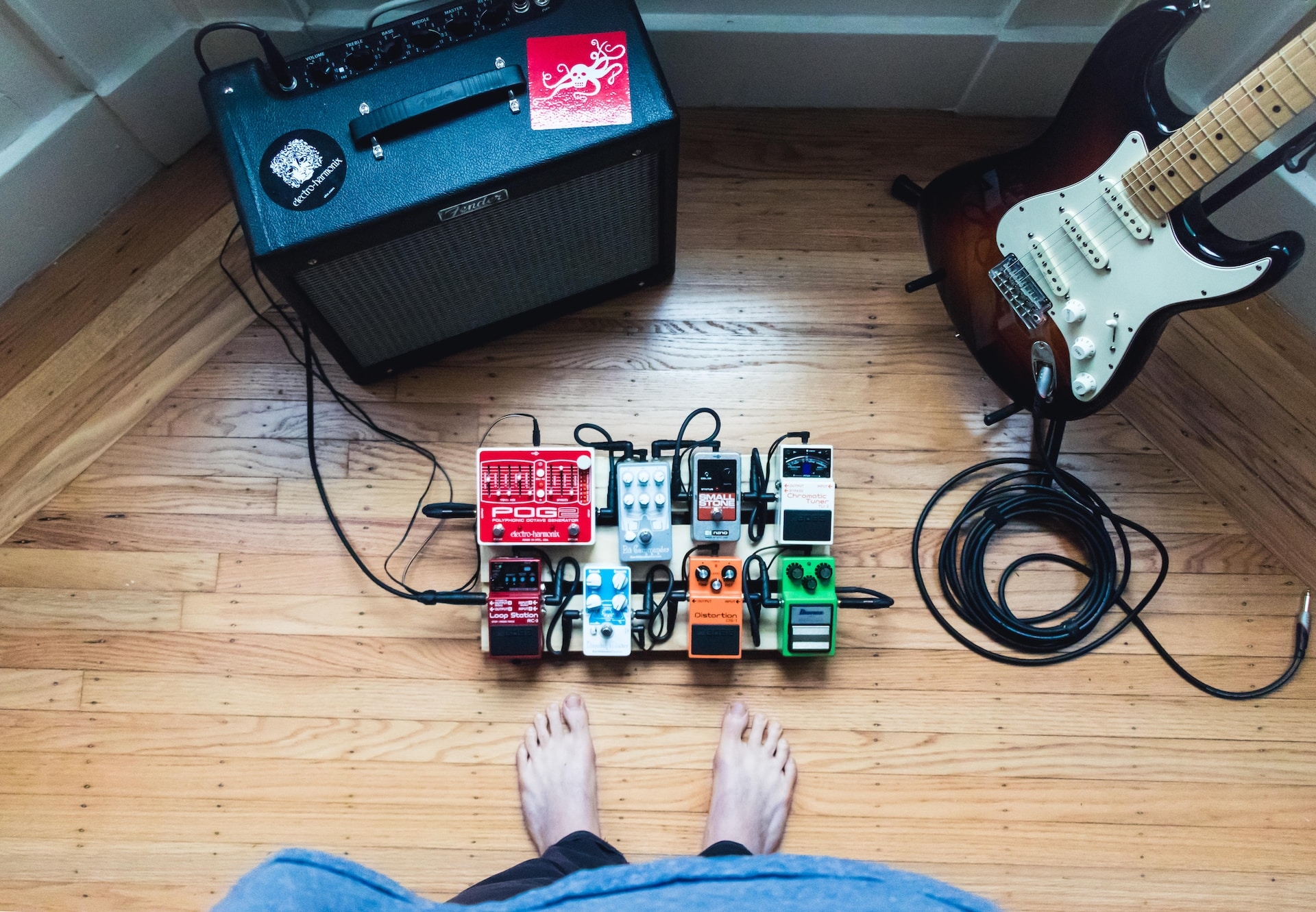Please read my disclosure policy to understand how I work with companies and individuals. Linking to a specific site does not imply endorsement of all of their services or content.
 Your electrical panel serves two essential roles in your home: it supplies power to outlets and fixtures while also protecting against overloads that could spark fires. If your current service panel is over 25 years old or still uses fuses instead of circuit breakers, upgrading is highly recommended.
Your electrical panel serves two essential roles in your home: it supplies power to outlets and fixtures while also protecting against overloads that could spark fires. If your current service panel is over 25 years old or still uses fuses instead of circuit breakers, upgrading is highly recommended.
Separate breaker panels enable you to add new circuits in areas of your home that are remote from the main panel. They feature master power switches similar to what would be found on its counterpart, for convenient control. Make sure to also read more here: Cinch Home Services: does home warranty cover electrical panel replacement: a post to help.
Determine Your Home’s Wattage Needs
No matter if you are building from scratch or replacing an existing panel, it is crucial that you know how much power it can handle. One way of establishing this is to examine the amperage listed on your main breaker; your new panel should offer at least that amount while leaving enough circuit slots open should additional appliances need to be added later.
Determining this number isn’t as complex as you might think: simply multiply your square footage by three to arrive at a baseline wattage number as a reference. Doing this will ensure your home will have all of the electricity it requires for proper functioning while helping manage energy consumption more effectively, potentially saving money on future electricity bills.
Take a Full Inventory of Current and Future Needs
No matter whether you’re building from scratch or upgrading an old fuse box, having a breaker panel that is capable of meeting all the electricity demands for your household and has extra slots for expansion is key to its success. You never know what new devices may become popular in the future or if switching over from gas-powered appliances to electric may become necessary in your situation.
Breaker panels should also provide enough power for a backup generator in your home. A sub-panel may help if there’s not enough room in the main breaker panel to accommodate additional circuits.
Eaton, Siemens and Schneider all make quality breaker panels; if your electrical panel belongs to one of these companies, search its name online to see what replacement parts may be available; chances are, you may just find what you need! Make sure your electrical panel is stored safely in an easily reachable area like a garage or basement for optimal use.
Look for Signs That Your Panel Is Outdated or Undersized
Electrical panels and circuit breakers are integral components of home electrical systems, ensuring your lights, appliances and receptacles run properly while being energy-efficient. If they become outdated or undersized, however, it could result in issues as simple as tripped breakers to more serious ones such as smoking outlets.
Importantly, your service panel should be located in a secure place such as your basement or garage to allow an electrician easy access while remaining out of high-traffic areas where it could interfere with decorating or design plans.
If your house has never had its panel upgraded, it likely features a fuse box instead of circuit breakers. Fuse boxes operate similarly but contain fuses that may blow and continue carrying electrical currents when their time has come – creating an increased fire hazard risk and potentially leading to injury for you and your family.
Avoid Extension Cords
If you rely on extension cords frequently, it may be time to upgrade your panel. Extension cords pose two threats – overheating could spark fires while being too thin to safely transport electricity throughout your home.
Your breaker box is an essential power device that helps safeguard your home against voltage fluctuations and sudden power surges, as well as providing emergency shutdown of circuits to protect against injuries or property damage to you and your family.
Because electrical panels pose serious safety hazards, it is best to place them away from clothing closets (or any other storage spaces containing flammable materials). Make sure that you can easily access your breaker box; if necessary store items near it make sure they stay clear from mothballs, shoe polish, plastic containers and any other flammable substances; additionally avoid placing furniture or heavy objects directly above it as this could block access.


